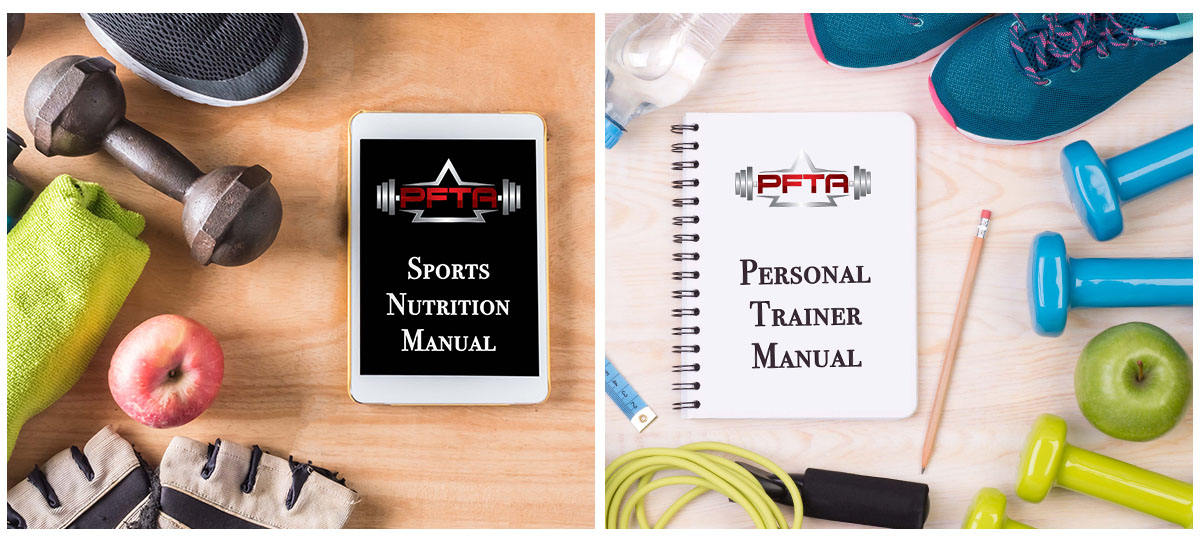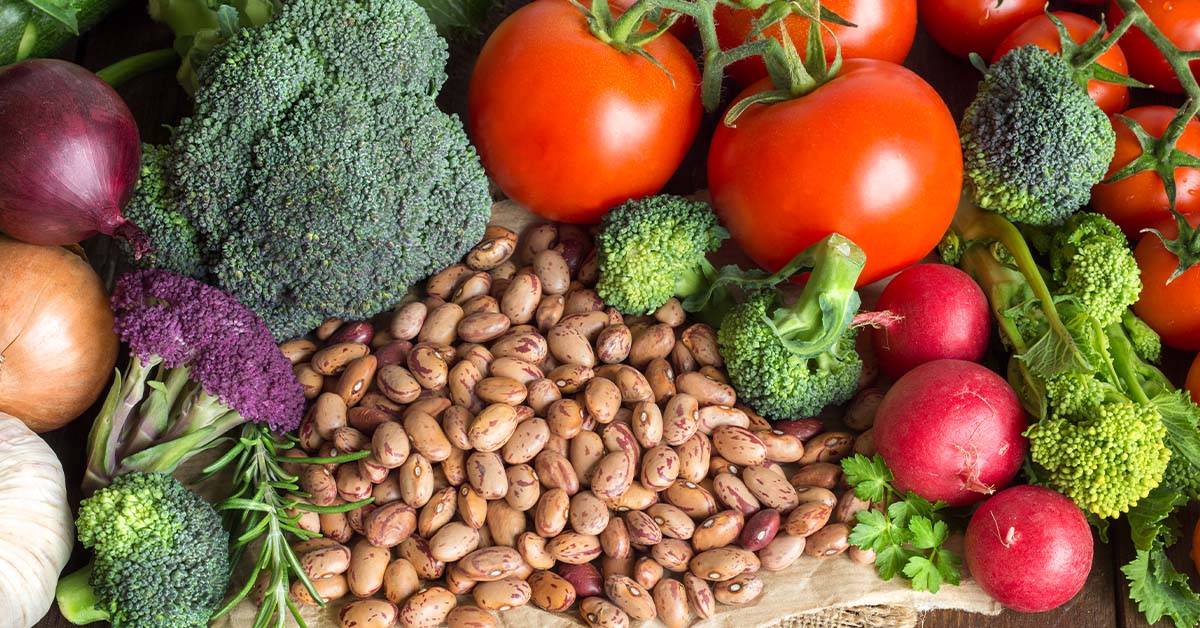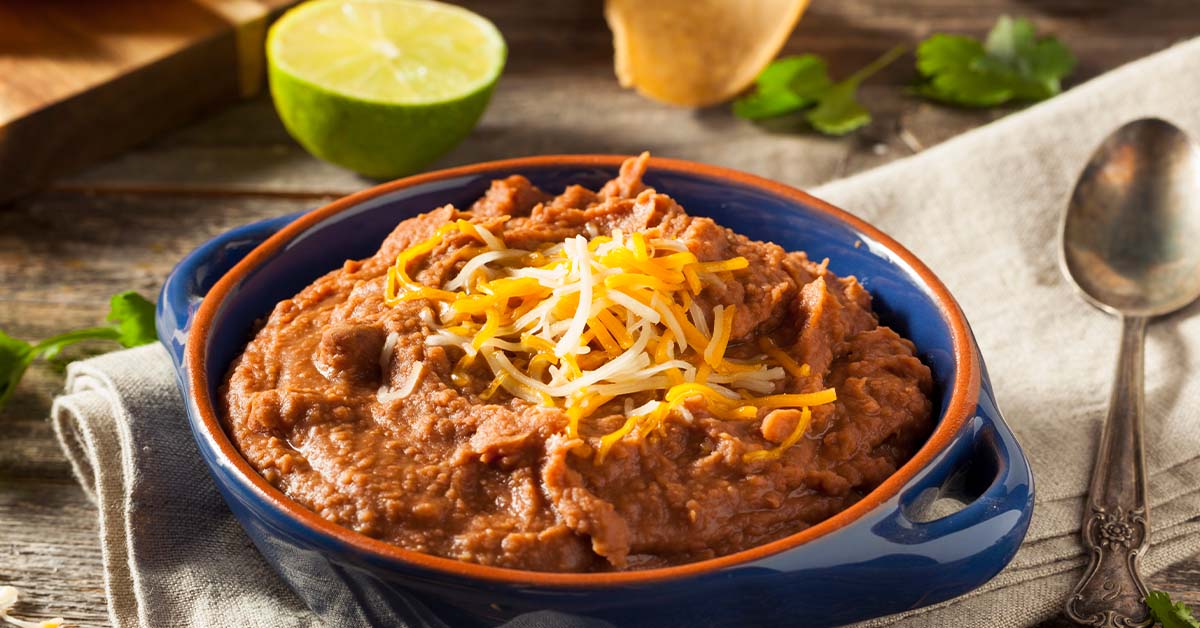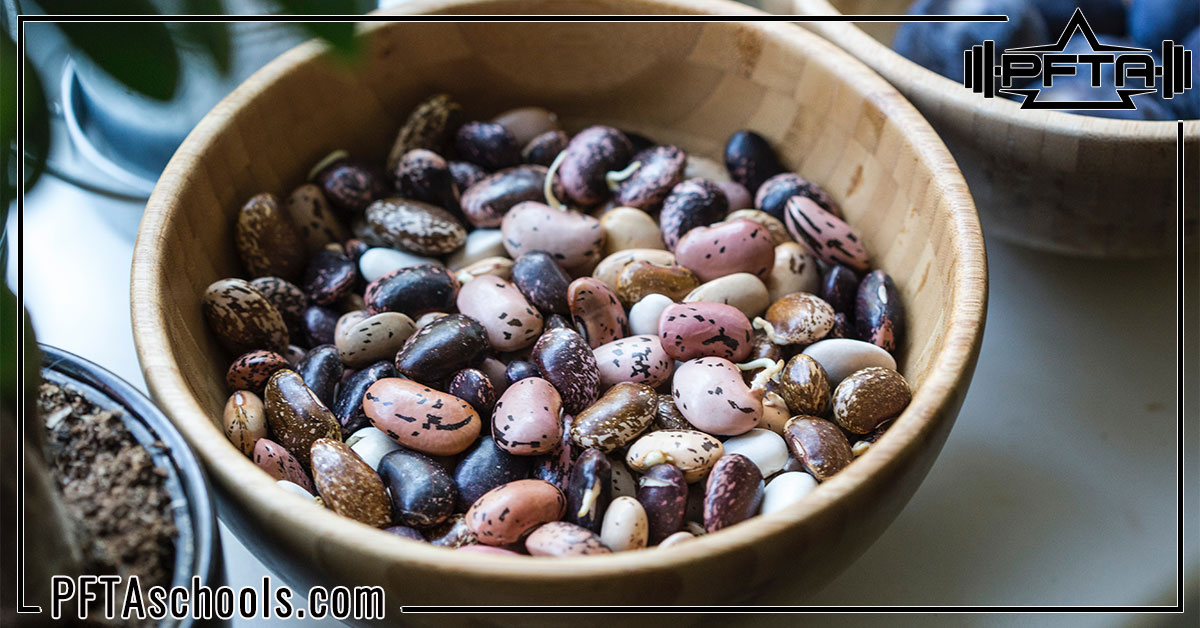The Super Bean
There aren't many foods that pack a nutritional wallop like the good ole bean. One cup of cooked pinto beans has 15 grams of protein, 15 grams of dietary fiber, and only 1 gram of fat. The only problem with beans is that they aren’t very popular in this part of the world. Well, we’re about to change all that! Keep reading to learn more about the nutritious content of beans, or, if you're ready for some refried beans, check out the video below:

Vitamins and Minerals
Beans are also packed full of B-vitamins, copper, iron, calcium, phosphorus, and potassium. All beans have a little bit of a different nutrient profile but you can bet they are all considered super foods. Together with protein and fiber, these nutrients surely make beans a super food! Strawberries also have a ton of nutrients and are also considered a super food. Click this link to read more on the Health Benefits of Strawberries.
And to learn more about exercise science and sports nutrition, click the button below. We have manuals, training, and classes to help you reach your health and fitness goals.

Lower Your Cholesterol
Beans have many health benefits including lowering your cholesterol. Messina (2014) from the American Journal of Clinical Nutrition has raved about all the health benefits of beans including the lowering LDL, which is the "bad" cholesterol. Beans have lots of soluble and insoluble dietary fiber which helps lower LDL cholesterol by binding to it and then eliminating it naturally. This lowering of LDL-C is great for your heart and lowers the risk of heart disease! If you don't have beans but want to lower your cholesterol with fiber, I always add oat fiber to may protein shakes.
And if you want more weekly tips on exercise and nutrition, add your email below.
Lower Your Blood Pressure
In addition, beans naturally contain no sodium so they aid in reducing blood pressure if you don’t add much salt when you prepare them. More on cooking beans later but for now know that beans are low in sodium, which may lower blood pressure, which is also great for your heart! The American heart Association recommends cooking with zero salt if you have high blood pressure. Beans are a great start to lowering your blood pressure!

Lose Weight
Eating beans can also help you lose weight. Foods with fiber are great for giving you that "full feeling" and suppressing your appetite. Eating more fiber is definitely on our Top 8 Weight Loss Tips (click this link to read the other 7). Moreover, beans are also very low on the glycemic index so they help with controlling blood sugar. This means, you won’t get that insulin spike you would likely experience if you ate other carb foods such as bread and pasta. This also means that you won't get those awful sugar crashes. This is great news for diabetics and for people who are pre-diabetic! Peanut butter is also low on the glycemic index and can help control your appetite. Click this link to read more about the Health Benefits of Peanut Butter.
If you need help with an exercise plan or a nutrition plan, contact a PFTA certified personal trainer like the one below. Click this link for more info on personal training.

Cooking Beans
So now that you’re convinced that eating beans is healthy, let’s talk about bean preparation. The easiest method is to soak your beans for a few hours and then boil them until they soften, which is usually another 1 to 2 hours. You can flavor the beans by adding pepper, onion, garlic, and jalapeños! We’ve already talked about keeping your beans low sodium but go ahead and a little salt to taste as well. This is where some people like to throw in sea salt or kosher salt in their beans instead of regular table salt. You can also add bacon or sausage for more flavor and more protein. And of course, everyone loves refried beans. Don't forget to watch the video above on making a refried, bean and cheese breakfast taco.

Canned Beans
On the other hand, the easiest way to prepare beans may be to open up a can. Yes even canned beans are very nutritious. The biggest difference in canned beans is that they may contain more salt in order to preserve them. But if you buy canned beans and want to lower the salt content, you can reduce the sodium content by rinsing them before you eat them. This may reduce the sodium content 20 to 40%. Either way, canned or freshly made, you should try to include beans in your menu several times per week to obtain all the health benefits stated above.
Beans and Gas
Yikes! Are you worried about gas? Most of the gas forms in the large intestine with the fermentation of beans. But, studies have confirmed that once your body gets used to your new diet, your body will adjust to the beans by producing less gas. Also, speaking of your intestine, the fiber in beans helps increase the amount of good bacteria in your gut which may reduce inflammation and may also reduce the risk of colon cancer. So you may experience a little gas, but your insides will be healthier. Want more tips to reduce gas? Experts say soaking beans overnight may reduce gas. Just make sure to replace the water before you start boiling them the next day. This isn’t scientifically proven but it sounds good…and it may smell good too.

Cost Benefits
I've given you plenty of healthy reasons to consume more beans; but, I’m going to bring you one more. Duke Medicine (2012) wrote a research paper on the low impact costs but high impact health benefits of nuts, beans, and seeds. Turns out that beans provide the most cost effective protein on the market. Milk and chicken breasts were rounded out the top 3. Protein powder was in the top 5. On the other hand, pre-made protein drinks were near the bottom of the savings lists; although, they are probably #1 when it comes to convenience. For more info on your protein needs, click this link to read our article on Calculating the Right Amount of Protein for You.
Summary
There are many benefits to eating beans. The #1 reason to eat beans is to take care of your #1 muscle…your heart. One study confirmed by Consumer Reports (2018) showed that eating beans 4 times per week reduced the risk of heart disease by 22 percent. The fiber in beans also controls your blood sugar and lowers your bad cholesterol. If that’s not enough, now you also know that beans will lower your protein bill. But there's one more bean you may be interested in, click the image below to watch how the magical coffee bean can be mixed with your favorite protein powder. Happy health and happy training!

Knowledge is Power
Want to learn more? These articles are NOT just for personal trainers...they're for EVERYONE! Subscribe below to receive more articles in your email inbox. You'll also get the occasional coupon code for our SHOP.
Or if you want to speak to a personal trainer about your fitness goals, CLICK HERE.
Written By
RAEscobar, PFTA instructor and personal trainer
Sources:
Messina, Virginia. “Nutritional and Health Benefits of Dried Beans.” The American Journal Of Clinical Nutrition, vol. 100 Suppl 1, July 2014, p. 437S–442S.
“Nuts, Beans, Seeds: High-Impact Foods, Low-Impact Co$t. A Diet Rich in These Foods Confers Numerous Health Benefits--and Gives a Big Bang for Your Food Buck.” Dukemedicine Healthnews, vol. 18, no. 5, May 2012, p. 6.
“The Many Benefits of Beans.” Consumer Reports on Health, vol. 30, no. 10, Oct. 2018, p. 7.